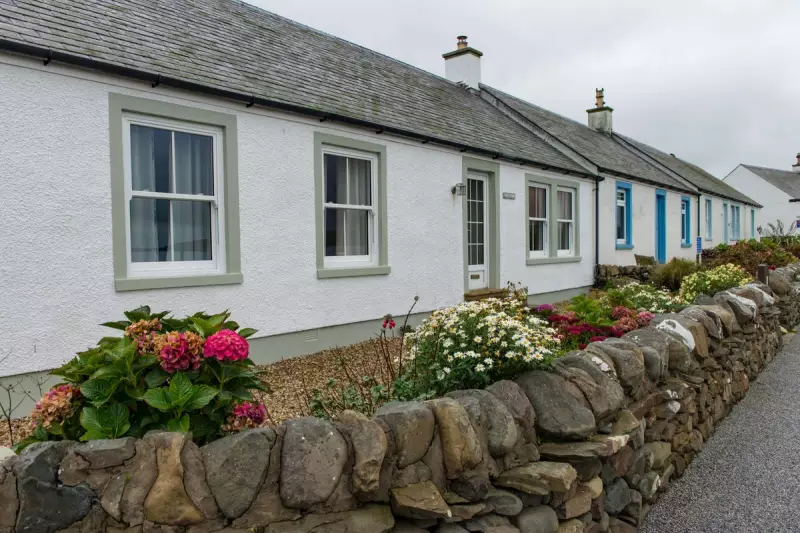
A critical shortage of bungalows is creating a perfect storm in the UK housing market, leaving hundreds of thousands of over-55s stranded in family homes they desperately want to leave. New research reveals this scarcity is having a domino effect, clogging up the entire property chain.
The Downsizing Dilemma
Experts at SunLife, a financial services company, have uncovered a startling gap between aspiration and reality. While nearly a third of homeowners aged 55 and over express a desire to downsize, the overwhelming majority are unable to find suitable single-storey properties. The dream of a manageable, accessible bungalow remains out of reach for most.
The figures are stark: of the 29% of over-55s looking to move, a mere 6% are actively searching for a bungalow. This isn't due to lack of interest, but rather a profound lack of supply. The construction of new bungalows has plummeted, now constituting less than 1% of all new builds.
A Market in Gridlock
This shortage has severe consequences for every level of the property market. Older couples and individuals remain stuck in large, often under-occupied houses that would be ideal for growing families. This, in turn, prevents those families from moving up the ladder, creating a bottleneck that stifles mobility for all.
"The lack of suitable housing for older people has a massive impact on the rest of the market," explains a SunLife spokesperson. "It's a chain reaction. When older people can't move out, younger people can't move in."
Beyond Financial Gain
The motivation for downsizing isn't purely financial. While releasing equity is a factor for some, the primary drivers are often practical and lifestyle-oriented. Key reasons include:
- Easier maintenance and reduced upkeep.
- Improved accessibility and future-proofing for later life.
- Lower running costs, especially for energy bills.
- A desire for a change of scene or to be closer to family.
This trend highlights a significant failure in housing policy and construction to meet the evolving needs of Britain's ageing population. The call is now growing for developers and planners to prioritise building the right types of homes, not just more homes, to unlock the stagnant market and provide suitable housing for all generations.





